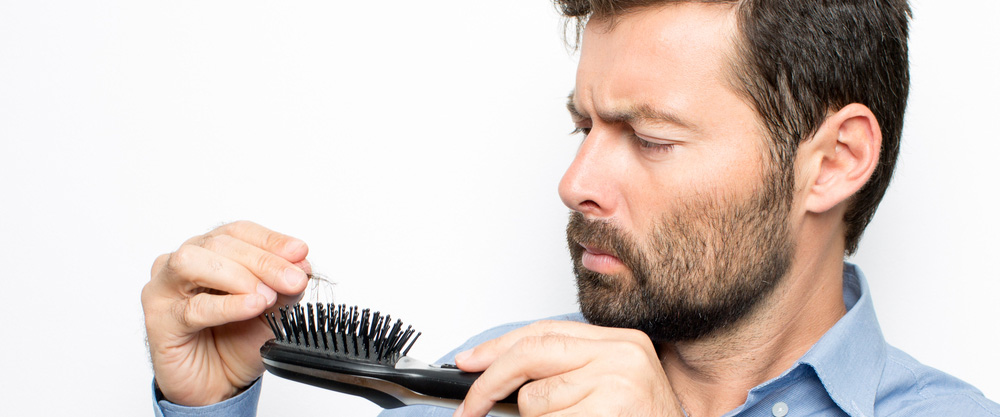Hair loss is a common issue faced by many people. This condition, which can affect both men and women, can arise from various causes and negatively impact personal appearance. So, can hair loss be prevented? In this article, we will discuss the causes of hair loss, ways to prevent it, and treatment options.
There are many causes of hair loss, and these can vary from person to person. The main causes of hair loss are:
Genetic predisposition is one of the most common causes of hair loss. Known as androgenetic alopecia, this condition often occurs in individuals with a family history of hair loss. This condition, commonly referred to as “male pattern baldness” in men, can also occur similarly in women.
Hormonal imbalances can also lead to hair loss. In particular, hormonal changes such as pregnancy, childbirth, menopause, and thyroid problems can trigger hair loss in women.
Intense stress, anxiety, and depression can cause hair loss. Stress can cause hair follicles to enter a resting phase, leading to increased hair loss.

Poor nutrition is another important cause of hair loss. Particularly, deficiencies in protein, iron, zinc, and vitamins can negatively affect hair health. Unhealthy diets and sudden weight loss can also trigger hair loss.
Various health issues and certain medications can also lead to hair loss. For example, autoimmune diseases, infections, diabetes, and cancer treatments can cause hair loss.
While it may not always be possible to completely prevent hair loss, it is possible to reduce it and maintain healthy hair by taking certain precautions. Here are some methods that can be applied to prevent hair loss:
A healthy diet is crucial for hair health. A diet rich in protein, vitamins, and minerals can reduce hair loss. Iron, zinc, biotin, and B vitamins are particularly critical for hair health.
To reduce the effects of stress on hair loss, applying stress management techniques can be beneficial. Yoga, meditation, deep breathing exercises, and engaging in hobbies can help lower stress levels.
Applying proper hair care routines is important for preventing hair loss. Gently washing hair, avoiding harsh chemicals, and regularly using moisturizers can help maintain hair health.
It is important to remember that hair loss can stem from underlying health issues. Regular health check-ups can help diagnose and treat potential health problems early, thereby reducing hair loss.
Various medications and treatment options can be used to prevent or reduce hair loss. Minoxidil and finasteride are commonly used drugs to reduce hair loss. Additionally, methods like PRP (Platelet Rich Plasma) therapy and hair mesotherapy can also be effective in preventing hair loss.
There are various treatment options available for hair loss, and these treatments can vary depending on the cause and severity of hair loss. Here are some common methods for treating hair los
Minoxidil is a topical solution used to slow down hair loss and promote hair growth. When used regularly, it can reduce hair loss and encourage new hair growth.
Finasteride is an oral medication used to treat male pattern baldness. It slows down hair loss by reducing the production of the hormone DHT and promotes new hair growth.
PRP therapy involves injecting plasma obtained from the patient’s own blood into the scalp. PRP can reduce hair loss and promote new hair growth by nourishing the hair follicles.
Hair mesotherapy involves injecting vitamins, minerals, and other nourishing substances directly into the scalp. This method can reduce hair loss and promote hair growth by nourishing the hair follicles.
Hair transplant is an effective solution for individuals experiencing permanent hair loss. Hair transplant methods like FUE (Follicular Unit Extraction) and DHI (Direct Hair Implantation) can provide natural and permanent results.
Hair loss is a common issue that can arise from various causes. Genetic predisposition, hormonal changes, stress, nutritional deficiencies, and health problems can lead to hair loss. While it may not always be possible to completely prevent hair loss, it is possible to reduce it through healthy eating, stress management, proper hair care, and regular health check-ups. Additionally, treatment options such as minoxidil, finasteride, PRP therapy, hair mesotherapy, and hair transplant can be effective in combating hair loss. It is important for individuals experiencing hair loss to consult a specialist to determine the underlying causes and apply appropriate treatment methods.
